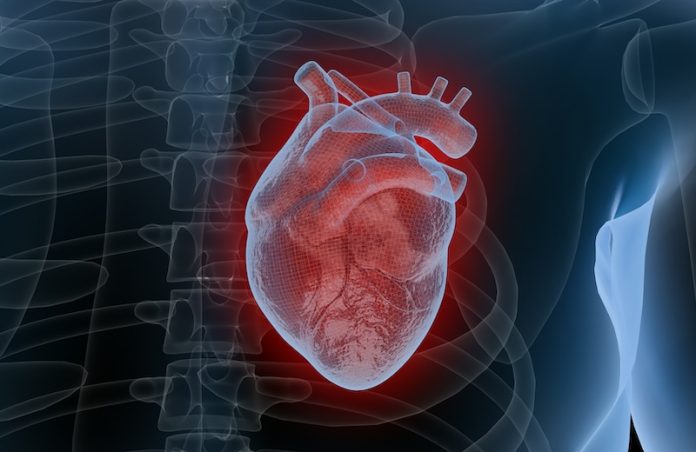
Recent research has revealed a concerning link between a common blood pressure medication, nifedipine, and a higher risk of sudden cardiac arrest, particularly for people taking high doses.
This discovery has sparked discussions among doctors and patients about the safety of this widely used drug.
Nifedipine is part of a group of drugs called calcium channel blockers. These drugs are used to treat high blood pressure (also called hypertension) and chest pain caused by heart problems.
Millions of people around the world rely on nifedipine to manage their heart health, making this new finding especially important.
Sudden cardiac arrest is a life-threatening condition where the heart suddenly stops pumping blood. When this happens, a person quickly loses consciousness and stops breathing. Without immediate medical help, sudden cardiac arrest is often fatal.
It is responsible for about half of all heart-related deaths in Europe and causes one in every five natural deaths worldwide.
What makes it so dangerous is that it can occur without any warning signs, although some people may feel symptoms like chest pain or trouble breathing shortly before it happens.
The study compared two drugs often used for similar purposes: nifedipine and amlodipine. Researchers looked at data from more than 2,500 patients who had suffered sudden cardiac arrest and compared them to over 10,000 healthy individuals.
This study was part of the Dutch Amsterdam Resuscitation Studies (ARREST) registry, which collects detailed information about heart-related emergencies.
The results were unexpected and worrying. People who took a high dose of nifedipine (60 mg per day) were found to have a much higher risk of sudden cardiac arrest. Meanwhile, amlodipine, a similar drug, did not show the same risk.
To ensure their findings were accurate, the researchers reviewed additional data from Denmark’s Cardiac Arrest Registry. This included information from more than 8,000 patients who had sudden cardiac arrest and 40,000 healthy individuals for comparison.
The results were the same: high doses of nifedipine were linked to a greater risk of sudden cardiac arrest.
What makes this discovery surprising is that nifedipine and amlodipine have been trusted medications for many years. Doctors have prescribed them to millions of patients to help control blood pressure and reduce chest pain.
Until now, the potential risks of nifedipine might have been overlooked because sudden cardiac arrest happens so quickly and unpredictably, making it difficult to study.
The researchers are not suggesting that people stop using nifedipine immediately. Instead, they recommend caution and open communication.
Patients taking nifedipine, especially in higher doses, should talk to their doctors about this new information. Doctors can help weigh the benefits and risks and may suggest alternative treatments if necessary.
This finding reminds us that even long-standing medications need to be studied carefully. Science and medicine are always evolving, and new research helps us understand treatments better over time.
This does not mean that nifedipine is unsafe for everyone. For many people, it is still an effective treatment. However, patients and doctors need to stay informed and make decisions together based on the latest evidence.
In short, this research highlights a possible risk with high doses of nifedipine, a drug that has been used by millions to manage high blood pressure. Although more research is needed to confirm the full extent of the risk, this study is an important step in ensuring patient safety.
If you take nifedipine or have concerns about your heart health, it’s a good idea to discuss this with your doctor. By staying informed, patients and doctors can work together to find the safest and most effective treatment options.
If you care about high blood pressure, please read studies about breakfast for better blood pressure management, and the gut feeling that lowers blood pressure.
For more health information, please see recent studies about how the dash diet helps lower blood pressure, and how to eat your way to healthy blood pressure.
Copyright © 2024 Knowridge Science Report. All rights reserved.



